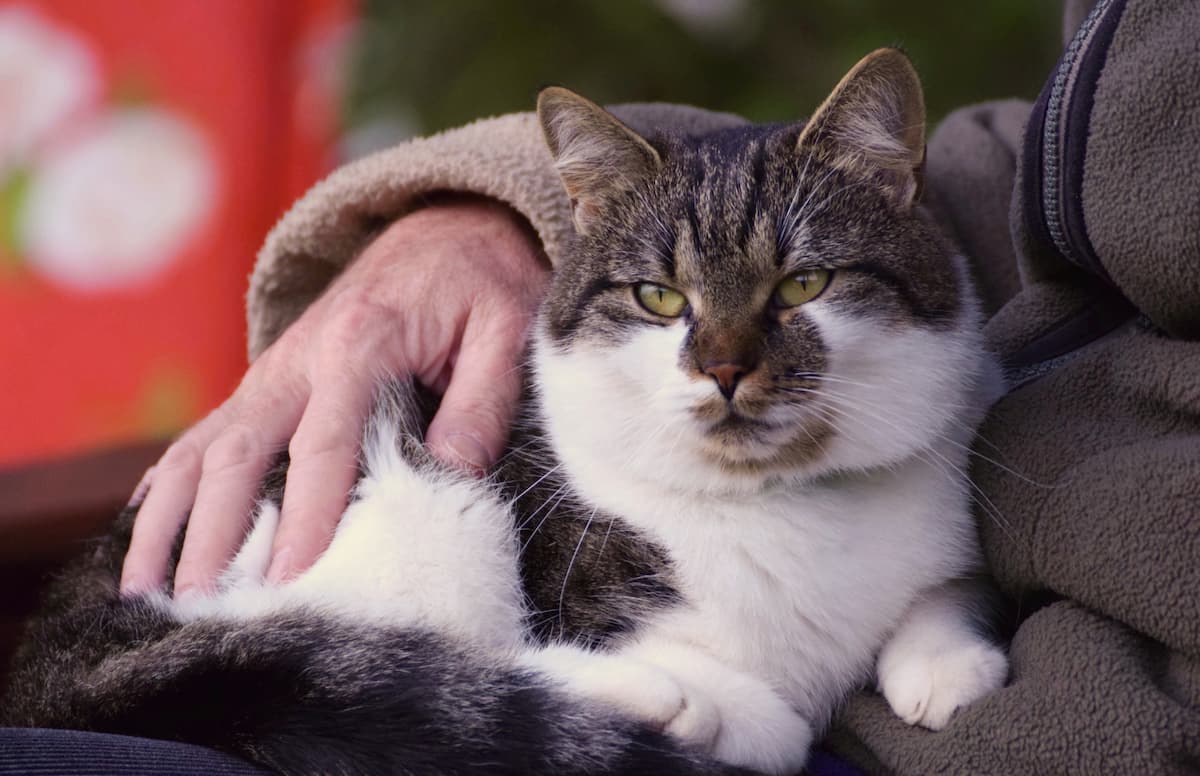Feline heart disease, also known as cardiomyopathy, is a serious and often silent condition that affects cats of all ages and breeds. While our feline companions may not show symptoms until the disease has progressed significantly, early detection and intervention can make a significant difference in their quality of life. In this article, we will explore the various aspects of heart disease in cats, including its causes, symptoms, diagnosis, and treatment options.
Types of Feline Heart Disease
There are several types of heart disease that can affect cats, with the most common being hypertrophic cardiomyopathy (HCM), dilated cardiomyopathy (DCM), and restrictive cardiomyopathy (RCM).
- Hypertrophic Cardiomyopathy (HCM): HCM is the most prevalent form of feline heart disease. In HCM, the walls of the heart’s ventricles thicken, making it harder for the heart to pump blood efficiently. This can lead to various complications, including blood clots and heart failure.
- Dilated Cardiomyopathy (DCM): DCM is characterized by an enlarged and weakened heart. As the heart chambers dilate, they lose their ability to contract effectively, leading to reduced blood flow throughout the body. DCM used to be more common in cats, but it has become rarer due to dietary changes.
- Restrictive Cardiomyopathy (RCM): RCM is the least common type of feline heart disease. It is characterized by the heart muscle becoming stiff and less flexible, which impairs its ability to relax and contract properly. This can lead to heart failure and other complications.
Causes of Feline Heart Disease
The exact causes of feline heart disease can vary depending on the type, but some common factors and predispositions include:
- Genetics: Certain breeds, such as Maine Coons and Ragdolls, are more susceptible to HCM, while DCM used to be more prevalent in dogs but has since become rare in cats due to dietary changes.
- Age: Older cats are more prone to developing heart disease, although it can occur at any age.
- Diet: In the past, DCM was linked to dietary deficiencies in taurine, an amino acid essential for heart health. Improved cat food formulations have significantly reduced the occurrence of DCM.
- Other underlying conditions: Feline heart disease can also be secondary to other health issues, such as hyperthyroidism or high blood pressure.
Symptoms of Feline Heart Disease
Recognizing the signs of heart disease in cats can be challenging since they often do not display symptoms until the disease is advanced. However, some common symptoms to watch for include:
- Labored breathing or rapid breathing
- Coughing
- Lethargy
- Weakness
- Decreased appetite
- Weight loss
- Fainting or collapsing (in severe cases)
- Hind limb paralysis (from blood clots)
Diagnosis and Treatment
If you notice any of these symptoms or suspect that your cat may have heart disease, it is crucial to seek immediate veterinary care. A veterinarian will perform a thorough physical examination, listen to the heart, and may recommend additional tests such as:
- Chest X-rays: These can reveal changes in heart size and shape.
- Echocardiography: An ultrasound of the heart that provides detailed information about its structure and function.
- Blood tests: To check for underlying conditions that may contribute to heart disease.
- Electrocardiogram (ECG or EKG): Measures the electrical activity of the heart to detect irregularities.
Treatment options for feline heart disease depend on the type and severity of the condition but may include:
- Medications: These can help manage symptoms, reduce fluid buildup, and improve heart function.
- Specialized diets: Low-sodium diets may be prescribed to reduce fluid retention.
- Lifestyle changes: Reducing stress and providing a calm environment can benefit cats with heart disease.
- Surgery: In some cases, surgical interventions may be necessary to correct specific heart issues.
Feline heart disease is a serious condition that can affect cats of all ages and breeds. Early detection and treatment are crucial for improving the prognosis and quality of life for affected cats. Regular veterinary check-ups and awareness of the common symptoms can help cat owners catch heart disease in its early stages and provide the best possible care for their feline companions. If you suspect your cat may have heart disease, don’t hesitate to consult with your veterinarian for a proper diagnosis and treatment plan.
Please note that the information provided in this article is for general educational purposes and should not replace professional veterinary advice. Always consult with a qualified veterinarian for specific guidance and treatment options for your dog.

